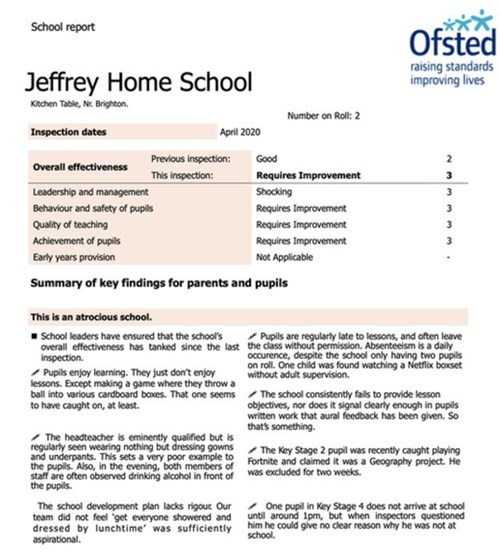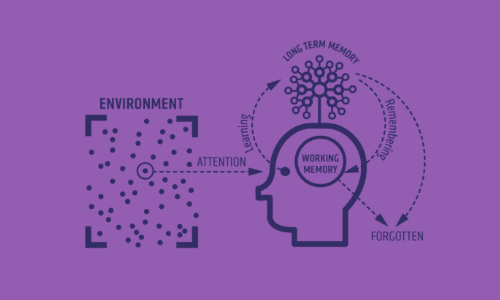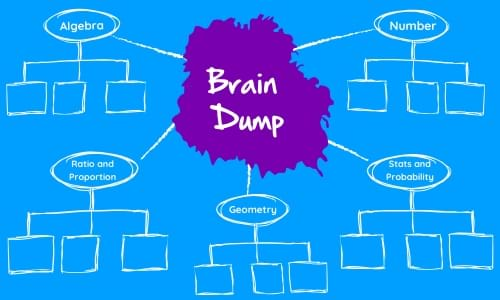Performance vs Learning: Tips for Parents and Carers on Embedding Understanding in Home Learning
How would you rate your own performance as a home educator?
Former Ofsted Inspector, Andrew Jeffrey, evaluated his current homeschooling efforts and shared the findings of his "mocksted' rating on Twitter.

Home Educating Is Tough, Right?
The findings are comical and reflect the seemingly impossible situation many parents and carers now find themselves in. For many of us, holding the attention of a young mind and stimulating it, is easier said than done. There are a wealth of home learning resources out there, but with this comes the added challenge of finding the most appropriate resources for your child's level. Choose work that’s too easy they get bored, choose work that is difficult they become disengaged. Help – what shall I do?
Relax and Take the Pressure Off
What I am proposing is that you take a few days off. By this I am not suggesting that you cease home learning all together; instead use the time as an opportunity to go over the content you have covered the past few weeks with your child, whether it be work set by the school or material you have sourced yourself.
As young people will not be getting the full "school experience" until they reopen, it would be useful to define what the desired outcome is for the remainder of the lockdown period - learning over time or performance?
The Difference Between Performance and Learning
Have you ever considered the difference between performance and learning? Maybe you are finding that your young person is performing well. What I mean by that is during the lesson they seem to pick things up quickly and take on new information well. Real learning, however, takes place when they have lodged this learning into their long-term memory, which can really only be measured a few weeks down the line.
Take This as a Simple Maths Example:
Teacher: What is an irrational number?
Student: I don't know.
Teacher:It is a number which cannot be represented by a fraction.
Teacher: Let’s try again. What is an irrational number?
Student: It is a number which cannot be represented by a fraction.
Teacher: Excellent learning. Well done.
Practice Retrieval
Retrieval means going back and remembering the things you have been learning over the past few weeks.
I would suggest in this coming week, stop facilitating and look back at the past six or so weeks of home-learning and review what you have already covered. This will help in committing more of that learning to long term memory. Do this regularly and you will see their learning grow.

Achieving Positive Outcomes for Both Teacher and Learner
As the weeks have gone by and seemingly rolled into one, you may have to come to the realisation that educating is not as straightforward as first thought. Facilitating performance is easy. Facilitating learning is the hard part. However, if you can start to understand that performance is not the same as learning, then you can at least make steps to boost your ‘Mocksted’ rating and continue to improve your child’s learning outcomes for the remainder of the lockdown period.
Practice Retrieval to Test Learning
One way students can practice retrieval is by creating a 'Brain Dump'. On a piece of paper, ask them to write down all the things they can remember about a topic they were learning a few weeks ago. Most students do this with a spider diagram so they can also draw connections between things.
After your child has exhausted their brain, you can then consult your learning materials together and compare. Anything that is missing can now be added with a different colour pen and be sure to encourage them to include as much detail as they can. By doing this, you are helping your young person move that learning into long term memory and the more you do this the better. In another week or two repeat the exercise for the same topic and you will visually see an increase in how much is being transferred to long-term memory.

Top Tip: do not do any revision or 'quick looks' at the material before attempting the Brain Dump. This will then only assess short term memory as a result.
Finally, I know time is short but if you can, take the time to enrich home-learning with stories and examples of what your young people are learning. This can be a very powerful way for them to learn and it provides concrete examples in which they can reference their learning.
I wish you all the best in whatever context you find yourself. Do reach out to your schools if you need help or us here at The Education People if we can support you in any way. In some ways I’m glad that my two children are still pre-school therefore I’m off to go and practice hide and seek - again.
Create an Account
We will be adding more blog posts on the topic of home learning over the coming weeks, so be sure to create an account with The Education People and subscribe to our blog posts to receive notifications.


